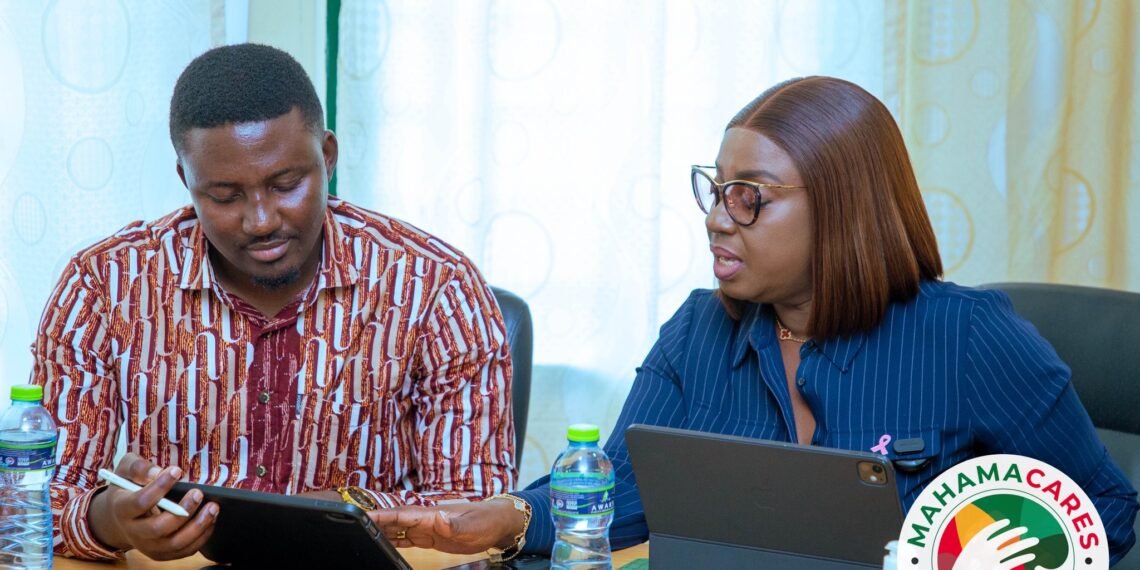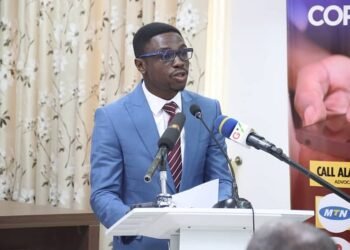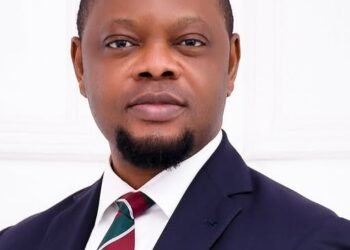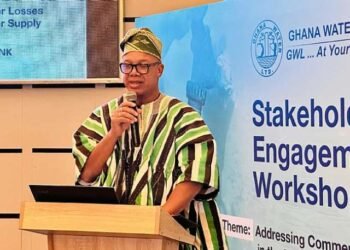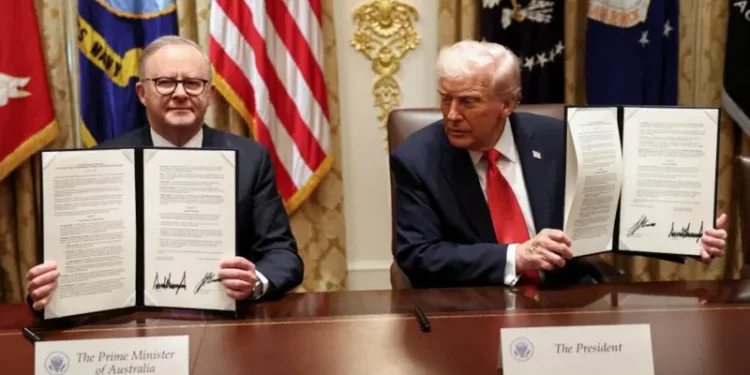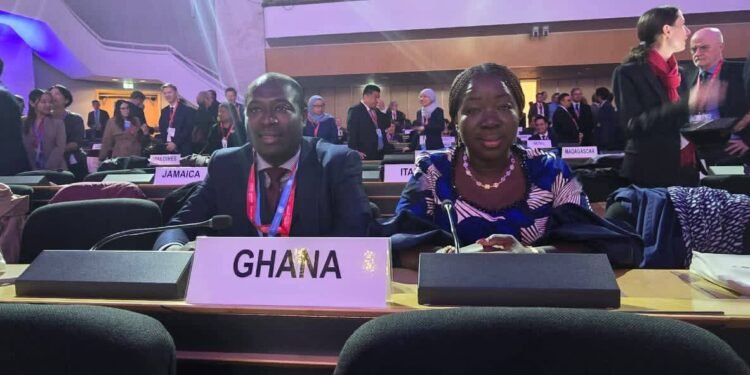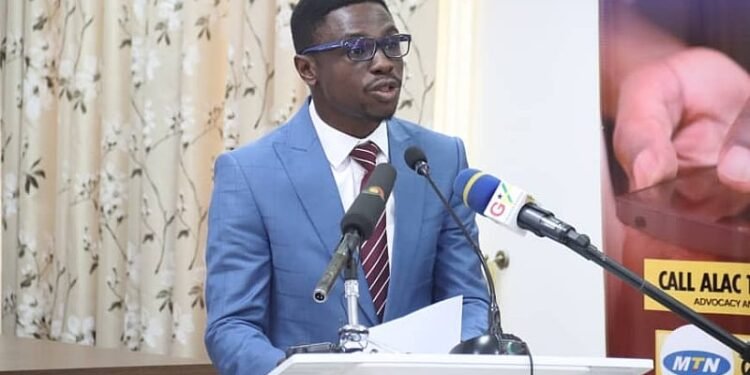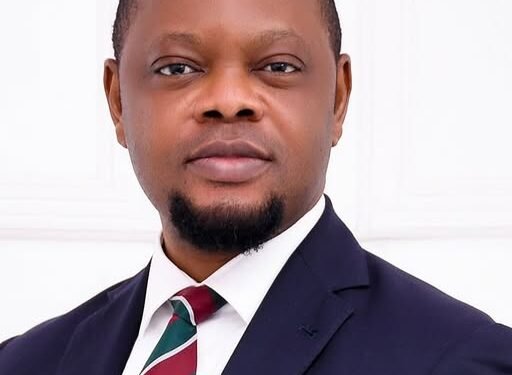The Ghana Medical Trust Fund (MahamaCares) has commenced the second phase of its nationwide hospital needs assessment tour, reinforcing its mission to strengthen healthcare delivery across the country through data-driven insights and targeted interventions.
The initiative, which seeks to identify infrastructure challenges, resource limitations, and service delivery gaps, aims to provide a clear roadmap for improving the capacity and efficiency of Ghana’s healthcare facilities.
The latest phase of the assessment took the team to the Cape Coast Teaching Hospital, a key regional referral centre serving the Central and Western Regions.
The visit marked a significant step in the Fund’s broader strategy to ensure equitable access to healthcare services, particularly for patients living with Non-Communicable Diseases (NCDs).
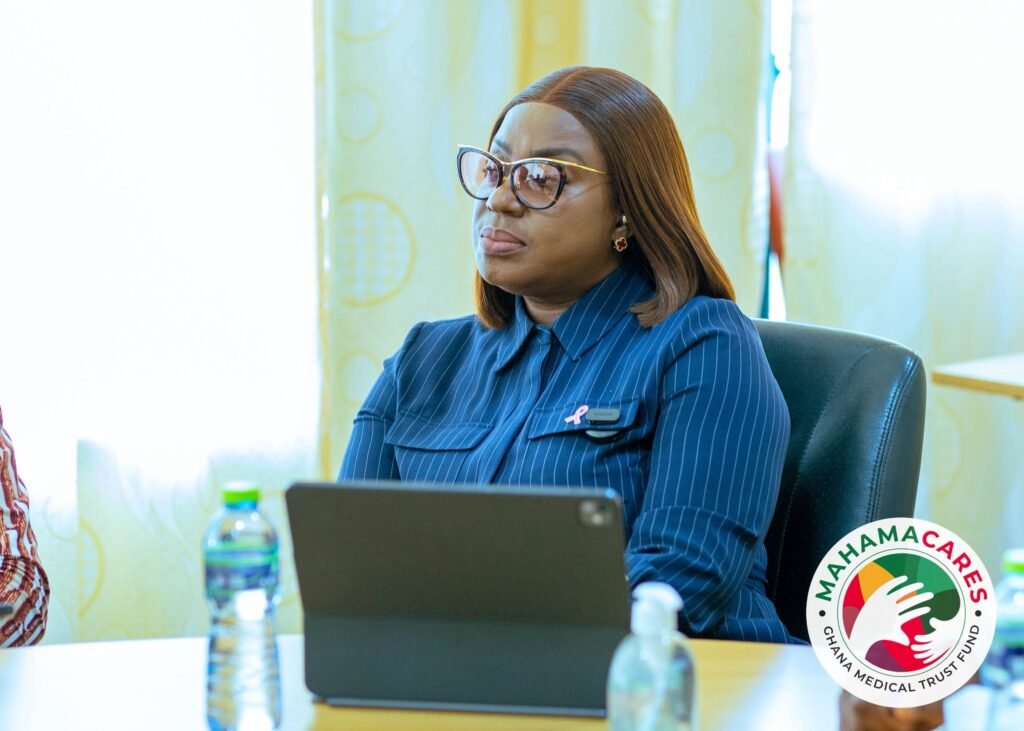
Leading the delegation, the Administrator of the Ghana Medical Trust Fund, Ms. Obuobia Darko Opoku, described the exercise as a vital component of the Fund’s effort to make evidence-based decisions that will translate into sustainable improvements in the healthcare sector.
“We are here to understand the real challenges, not just what reports say, but what patients, doctors, and managers are facing daily. This will help us direct support where it is most needed.”
Administrator of the Ghana Medical Trust Fund, Ms. Obuobia Darko Opoku
During the visit, Ms. Darko Opoku and her team held extensive discussions with the Chief Executive Officer of the Cape Coast Teaching Hospital, Dr. Eric Kofi Ngyedu, and senior members of his management team.
The conversation focused on identifying key areas that require immediate intervention to enhance patient care and improve working conditions for health professionals.
Dr. Ngyedu expressed appreciation for the visit and commended the Ghana Medical Trust Fund for its proactive and inclusive approach to healthcare improvement.
He noted that by engaging hospital administrators and frontline workers directly, the Fund was setting a new standard for responsive health sector planning.
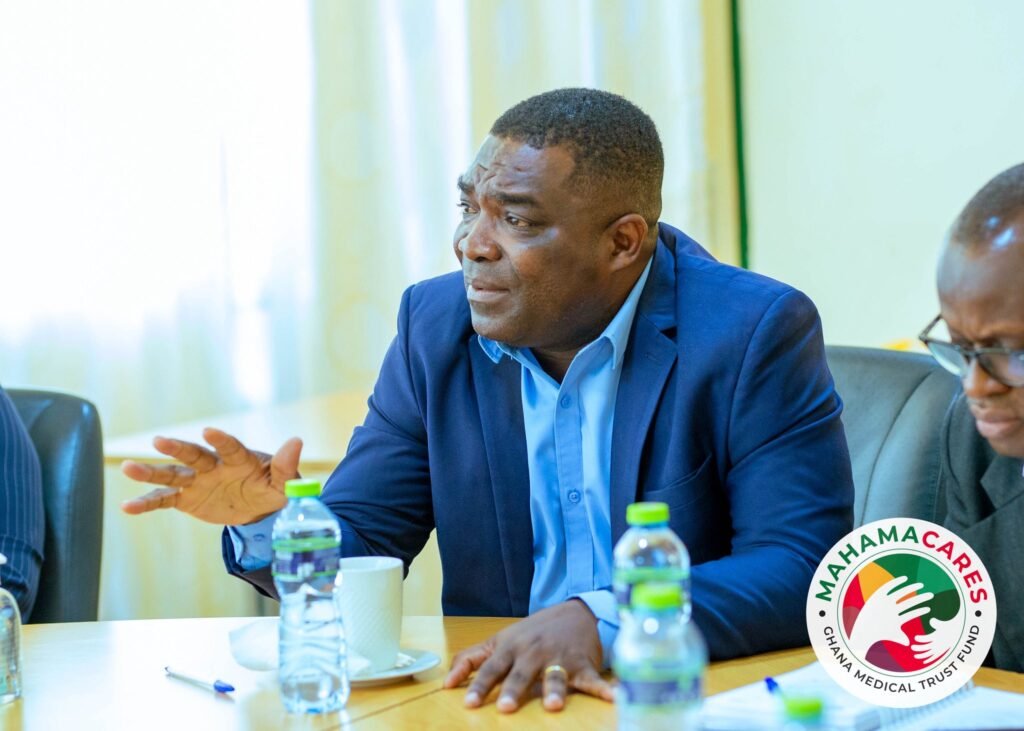
The assessment at Cape Coast Teaching Hospital involved a detailed review of existing infrastructure, equipment, and medical service capacity, especially in specialized care areas.
The exercise also explored challenges in laboratory and diagnostic services, staff accommodation, and patient management systems — all critical components for effective healthcare delivery.
Ms. Darko Opoku emphasized that the insights gathered from this visit will form the foundation for future funding decisions and program designs.
She highlighted that the Ghana Medical Trust Fund’s nationwide assessment is being carried out in close collaboration with the Ministry of Health, the Ghana Health Service, and regional hospital management teams.
This partnership, she said, is essential to creating a coordinated national response to the persistent infrastructure and equipment challenges facing Ghana’s healthcare system.
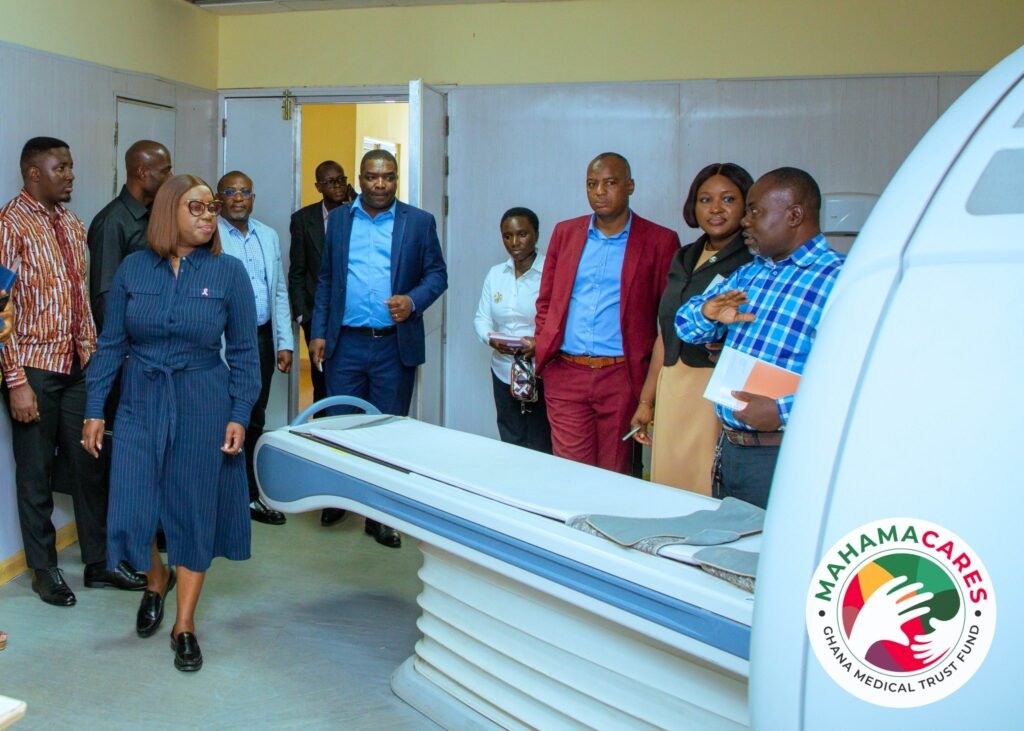
According to her, MahamaCares — the guiding principle behind the Fund’s work — is a reflection of a people-centred approach to governance and development.
Ms. Darko Opoku further explained that Non-Communicable Diseases remain a growing public health concern and require strategic, well-funded responses at all levels of the health system.
She stressed that addressing these conditions demands not just medical interventions but also improved infrastructure, consistent supply of medical equipment, and better-trained health personnel.
The Ghana Medical Trust Fund’s needs assessment tour, she noted, is designed to ensure that future investments in the health sector are both practical and impactful.
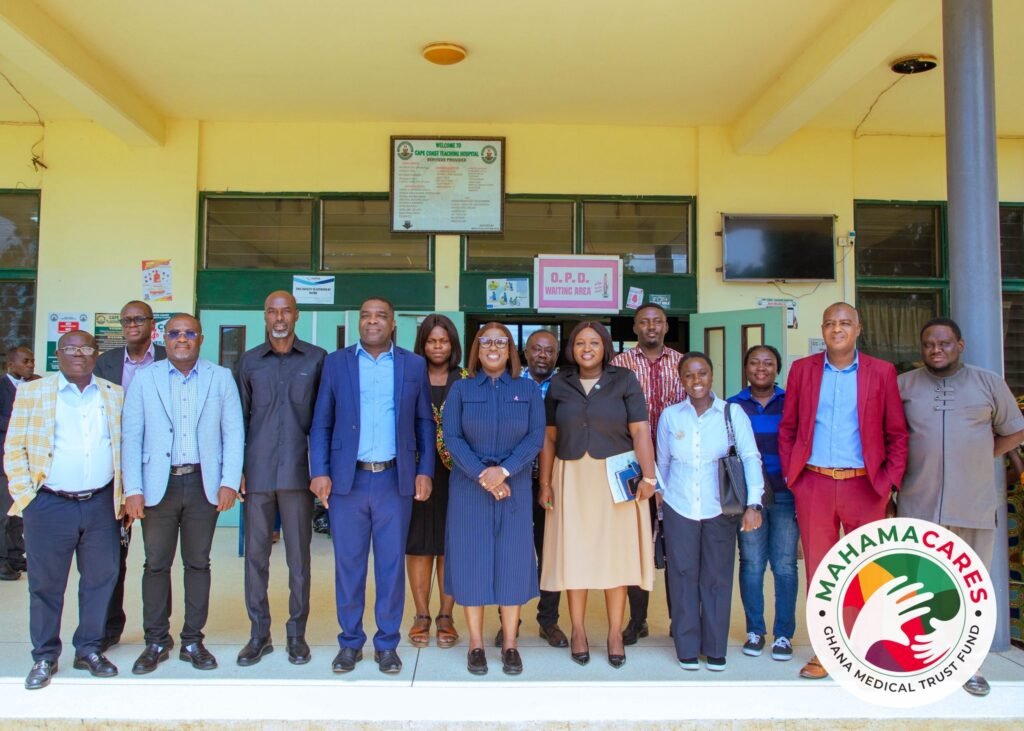
The second phase of the nationwide hospital assessment will continue in the coming weeks, with visits planned to other major teaching and regional hospitals.
The findings are expected to shape the Fund’s long-term strategy for improving Ghana’s healthcare infrastructure, strengthening medical service delivery, and ensuring that no region is left behind in the country’s health development agenda.
READ ALSO: IEA Report: Africa Needs $150 Billion to Achieve Universal Electricity Access by 2035



